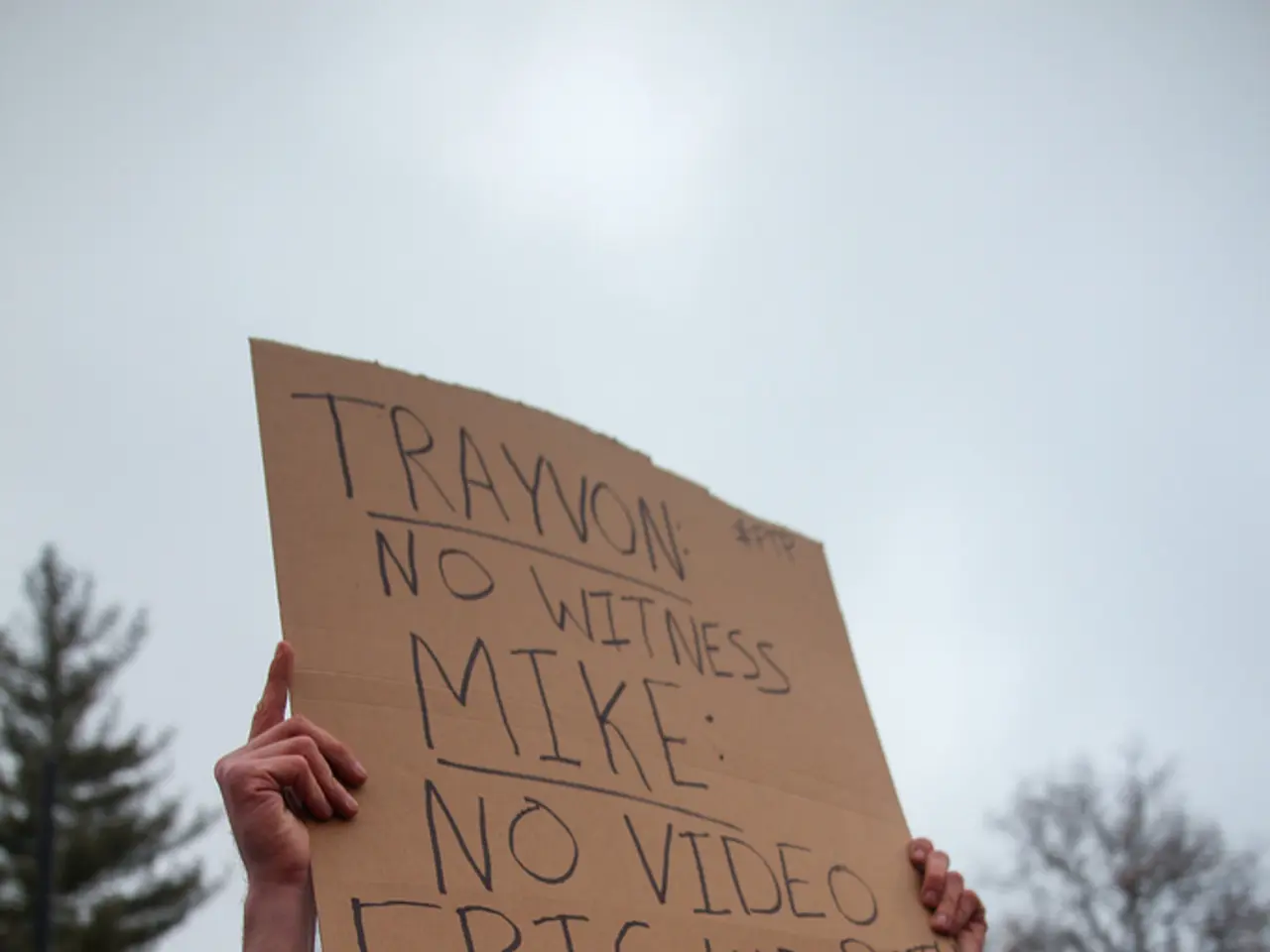Legendary figures in U.S. intelligence, William Webster, who once served as the head of both the Federal Bureau of Investigation (FBI) and Central Intelligence Agency (CIA), has passed away at the impressive age of 101.
William H. Webster, a renowned American attorney, jurist, and public servant, has passed away at the age of 101. Webster is best known for his unique achievement of leading both the Federal Bureau of Investigation (FBI) and the Central Intelligence Agency (CIA), making him the only person in U.S. history to hold these prestigious positions13.
Born on March 6, 1924, in St. Louis, Missouri, Webster served as a Navy lieutenant during World War II and the Korean War. He graduated from Amherst College and Washington University Law School before embarking on a distinguished legal career1.
A Career of Service and Integrity
Webster's career in public service began in earnest when he was appointed U.S. attorney for the Eastern District of Missouri by President Dwight D. Eisenhower in 1960. He later served as a federal judge for about eight years, gaining a reputation as a moderate jurist2.
In 1971, Nixon appointed Webster to the U.S. District Court for the Eastern District of Missouri. His reputation for integrity was further solidified when he replaced Clarence M. Kelley as FBI director in 1978, bringing more Black people and women into the FBI2.
Rebuilding Trust in the FBI and CIA
Webster's tenure as FBI Director was marked by efforts to restore public trust and integrity to the agency following revelations of domestic spying, corruption, and abuses of power2. Similarly, as CIA Director from 1987 to 1991, he sought to ease tensions with Congress and avoid the appearance of trying to shape policy2.
Focus on National Security Challenges
During his tenure, Webster focused the FBI's efforts on organized crime, white-collar offenders, and drug enforcement. He also stepped up the agency's anti-terrorism and counterintelligence activities2. After the Sept. 11, 2001, terrorist attacks, Webster served on a presidential panel on homeland security2.
A Legacy of Leadership and Integrity
Webster's legacy is one of dedicated public service, unwavering integrity, and leadership in rebuilding trust in two of the United States' most critical national security institutions15. He died in August 2025, leaving behind his second wife, three children from his first marriage and their spouses, seven grandchildren and spouses, and 12 great-grandchildren1.
Notably, during his tenure as FBI director, eleven people, including six members of Congress, were convicted as a result of the Abscam sting2. Webster's honesty was beyond question, even by those who opposed him in court or disagreed with his rulings.
President Ronald Reagan chose Webster to replace CIA chief William J. Casey, who had been criticized for being too political and ignoring Congress2. Webster was generally credited with developing the FBI's ability to handle new challenges such as terrorism.
In 2002, Webster was selected to lead a board created by Congress to oversee the accounting profession, but he resigned amid questions about his role in a company accused of fraud2. Despite this late-career challenge, Webster's contributions to the FBI and CIA, as well as his long and principled career in public service, will continue to be remembered.
A memorial service for Webster will be held in Washington on September 181.
The news of William H. Webster's passing at the age of 101 is a significant event in the realm of general-news and politics, as his legacy encompasses a career dedicated to rebuilding trust in two of the United States' critical national security institutions, the FBI and CIA. Despite a late-career controversy, Webster's contributions to these agencies, marked by his focus on integrity and leadership, will remain indelible in history.







